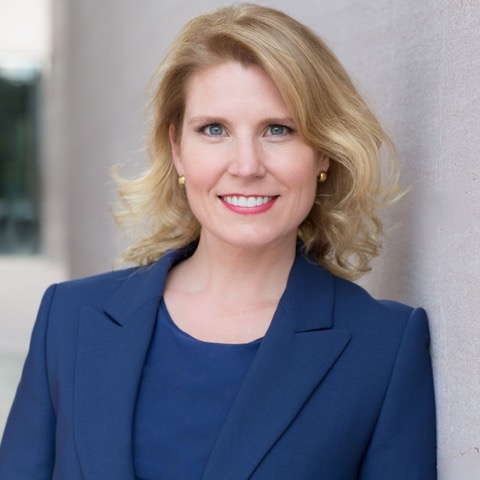Amy Wilkinson is the founder and CEO of Ingenuity, an innovation advisory firm, a lecturer at Stanford Graduate School of Business, and the author of The Creator’s Code: The Six Essential Skills of Extraordinary Entrepreneurs, a book based on 200 interviews wit top entrepreneurs that distills what it takes to achieve breakout success in the new world of work. Wilkinson recently spoke to The Innovator about her latest book which will focus on the type of leaders large corporates need to harness technology and drive large-scale change.
Q: What is the profile of the type of leader corporates need to drive change?
AW: It used to be that the model for innovation was two guys in a garage. The next breakout business ideas, however, will come from a guy or a gal at the top of a legacy platform who will shape what tomorrow looks like. That is what my next book is all about: the leadership that will drive large scale change out of traditional organizations. They will drive that change with the help of outside partners, networks, or ecosystems, by leveraging data that comes from inside their companies as well as a huge amount of external data.
Q: Who are these people and where will corporates find them?
AW: They are not young upstart entrepreneurs and don’t fit the profile of a traditional CEO. They are typically 40-50 years-old and have been in the workforce for 25 years. They are fast adopters of new technology and are forward looking leaders, a unique breed that has been working long enough to have responsibility at a high level that places them right on the cusp of change. They are incorporating AI and utilizing technology tools to power their span of influence.
Q: New Vantage Partners’ 11th annual survey of Fortune 1000 companies only 23.9% of organizations characterize themselves as data-driven, and only 20.6% say that they have developed a data culture within their organizations. Almost 80% said the reason was not technology but rather cultural issues such as organizational receptivity to change and business transformation, changes to organizational processes, people and skills, organizational alignment, and communications. How do these new leaders overcome these challenges?
AW: The six skills I outlined in my first book are fundamental: They need to be entrepreneurial, find a gap in the marketplace, take a long horizon view, make fast decisions, experiment and use fast learning cycles, be masters at networking to tap into cognitive diversity rather than just relying on traditional teams, and work collaboratively by building relationships outside of their silos or sectors. With these skills leaders can motivate from the bottom while convincing leadership at the top to give them their blessing and look at them as the company’s future maker.
Q: Can you cite some examples of the new leaders who have managed to overcome cultural challenges and really move the needle for their companies?
AW: Walmart is a good example. A woman named Lori Flees, a consultant at Bain, became Chief Strategy Officer at Walmart. Her task was to set up Walmart’s e-commerce response to Amazon. She teamed up with Marc Lore who was appointed in September 2016 to lead Walmart’s e-commerce division after the company he co-founded Jet.com—an e-commerce website launched in 2014—was acquired by the retail giant. Together Lori and Marc created Store No. 8 which incubates startups to help leapfrog where the customer and market will go.
In that case two outsiders came in and set up an innovation unit. They did three things: they attracted entrepreneurs by buying businesses, they recruited former founders such as the co-founder of Rent the Runway to help the biggest retail company on the planet launch new businesses, and they identified employees inside of the company with high potential to create new growth businesses.
Another example is transportation company J.B. Hunt which operates one of the largest company-owned trucking fleets in North America. The president, Shelley Simpson, has worked at J.B. Hunt her whole career, and has led different waves of innovation, including the setting up of an online platform that matches truckers with suppliers that want loads transported. This opened the opportunity for the business to become the hub for all truckers regardless of ownership. It’s an example of a leader at an old-line company revolutionizing a business by creating a two-sided online marketplace that is reshaping the industry. Proliferation of smartphones as a technology tool in the hands of nearly all truck drivers created a moment in time that Shelley and her team captured to not only redirect their own business but catalyze industry wide change.
Q :What advice do you have for corporates who are trying to recruit the right leaders?
AW: Look for leaders who are not necessarily digital natives but are on top of digital trends, nimble with new technologies, and able to partner both inside and outside of their traditional business. Leaders who are able to shape the future do so by utilizing technology to empower others. They assemble cognitively diverse teams and build resilient cultures through collaboration and transparent decision-making. Corporates who are trying to recruit the right leaders need to look beyond traditional recruiting practices to identify growth-minded leaders who will empower teams to spot opportunities at every level.
This article is content that would normally only be available to subscribers. Sign up for a four-week free trial to see what you have been missing.
To read more of The Innovator’s Interview Of The Week articles click here.







